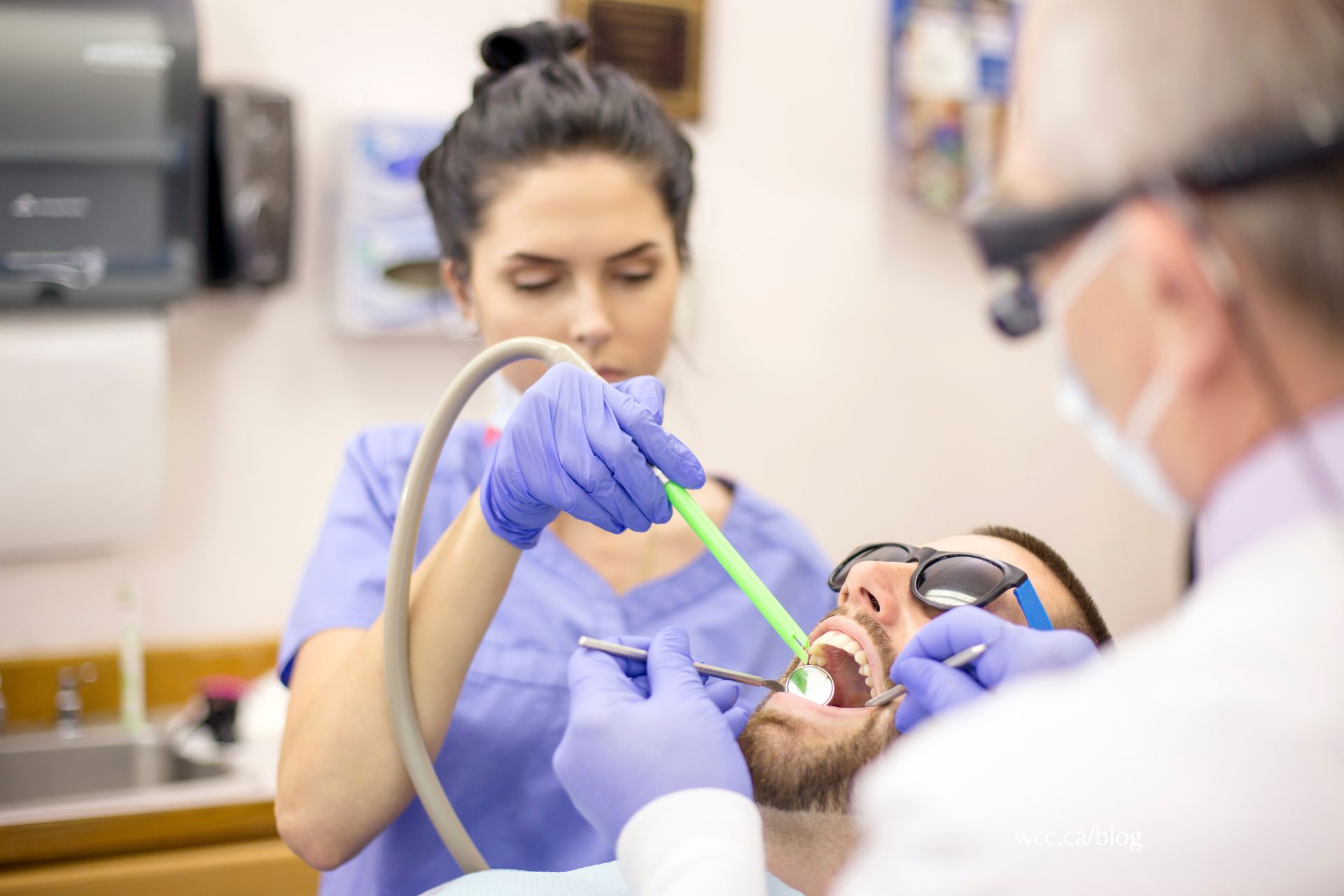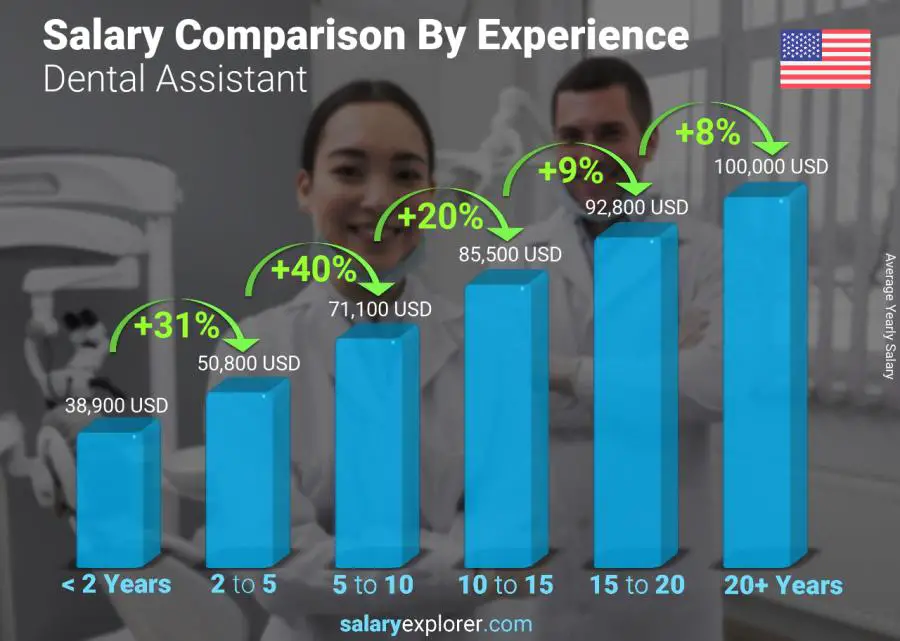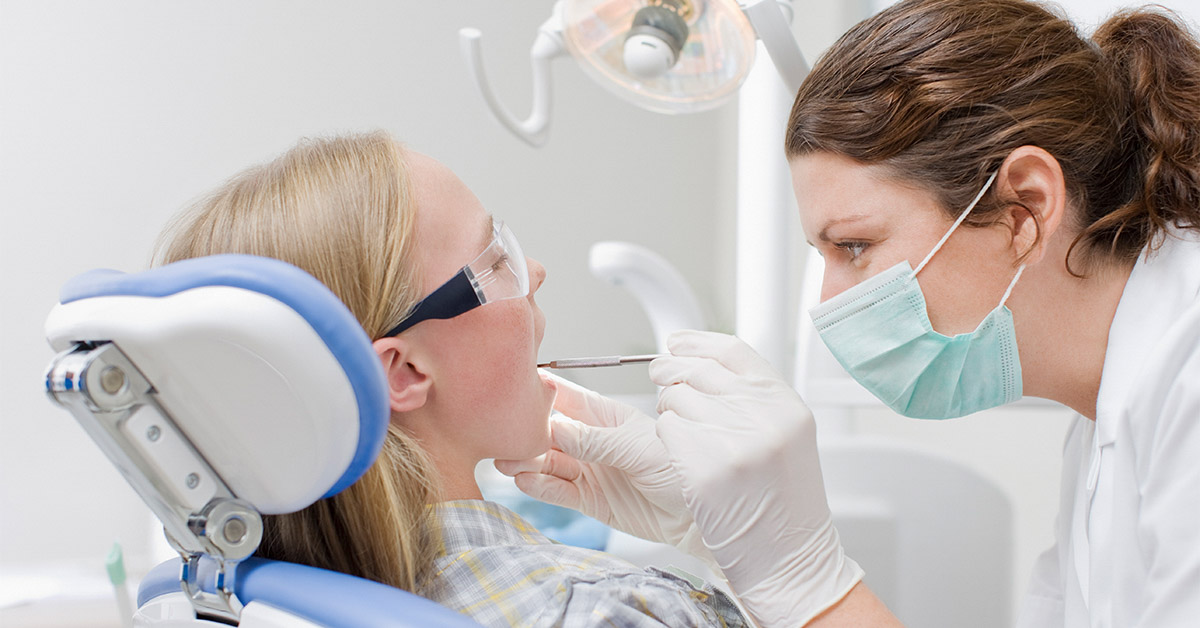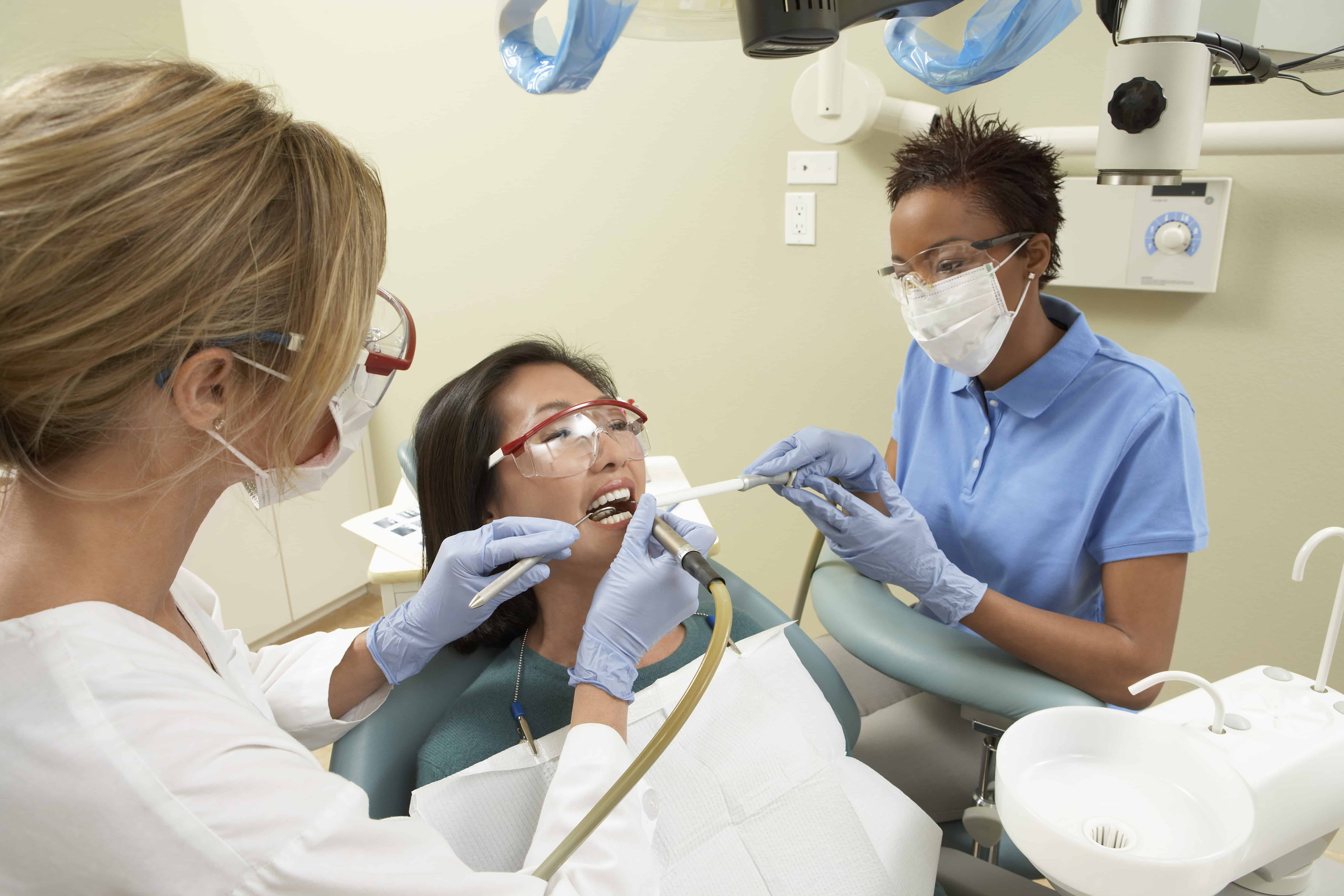What Do Dental Assistants Make In Texas

Dental assistants in Texas play a vital role in oral healthcare, supporting dentists and ensuring smooth operations within dental offices. The financial compensation for these professionals is a key factor for both current and prospective assistants, influencing career choices and personal financial planning.
This article examines the current salary landscape for dental assistants in Texas, drawing upon data from reputable sources to provide a clear picture of earnings potential and influencing factors. Understanding these details is crucial for individuals considering this career path, as well as for those already working in the field seeking to negotiate fair compensation.
Salary Overview for Dental Assistants in Texas
According to recent data from the U.S. Bureau of Labor Statistics (BLS), the average annual salary for dental assistants in Texas is approximately $43,500. This figure represents a median value, with actual salaries varying based on experience, location, and specific employer.
The Texas Workforce Commission provides a more localized view, often reflecting regional economic conditions. Their data aligns closely with the BLS, indicating that the Dallas-Fort Worth area and Houston metropolitan region tend to offer higher average salaries due to the higher cost of living and greater demand for dental services.
Factors Influencing Salary
Several factors impact the earning potential of dental assistants in Texas. Experience is a primary driver, with entry-level assistants typically earning less than those with several years of experience and specialized skills.
Certifications, such as becoming a Registered Dental Assistant (RDA), can also lead to higher salaries. The RDA certification often demonstrates a higher level of competence and commitment, making these assistants more valuable to employers.
Location is another critical determinant. Urban centers like Austin and San Antonio, as mentioned before, tend to offer higher wages compared to rural areas due to increased demand and a higher cost of living.
Regional Salary Variations
The salary range for dental assistants in Texas demonstrates notable regional variations. In the Dallas-Fort Worth-Arlington metropolitan area, the average annual salary may be slightly higher than the state average, reflecting the area's robust economy and concentration of dental practices.
Similarly, the Houston-The Woodlands-Sugar Land area also tends to offer competitive salaries. In contrast, smaller cities and rural communities may have lower average wages, potentially offset by a lower cost of living.
These differences underscore the importance of researching local market conditions when seeking employment or negotiating salary.
Job Outlook and Future Prospects
The job outlook for dental assistants in Texas remains positive. The aging population and increasing awareness of oral health contribute to a steady demand for dental services, translating into continued opportunities for qualified assistants.
According to projections from the Texas Workforce Commission, the number of dental assisting jobs is expected to grow in the coming years. This growth suggests that the earning potential for dental assistants will likely remain stable or even increase, making it an attractive career path.
Continuous professional development, including acquiring additional certifications and staying abreast of new technologies, can enhance career prospects and earning potential.
Conclusion
The salary for dental assistants in Texas is influenced by a combination of factors, including experience, certification, and location. While the average annual salary provides a general benchmark, individual earnings can vary significantly.
Prospective and current dental assistants should consider these factors when evaluating career opportunities and negotiating compensation. By understanding the dynamics of the Texas job market, dental assistants can make informed decisions to maximize their earning potential and advance their careers.
For the most up-to-date and detailed salary information, individuals are encouraged to consult resources like the U.S. Bureau of Labor Statistics and the Texas Workforce Commission, as well as engaging with professional organizations such as the Texas Dental Assistants Association.
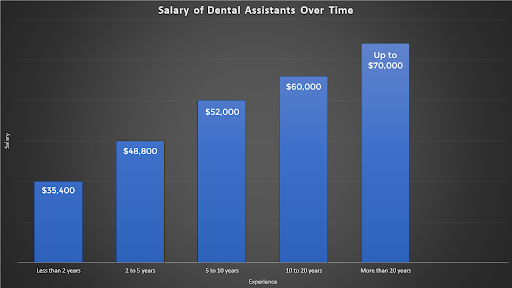



.png)


